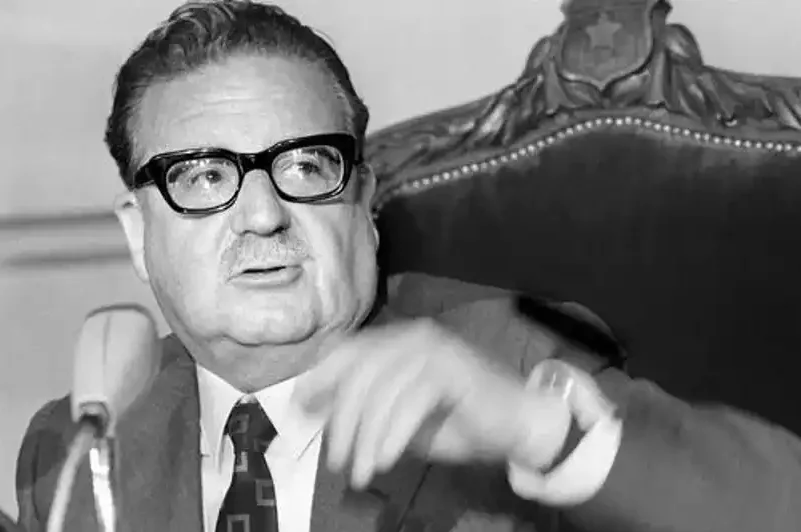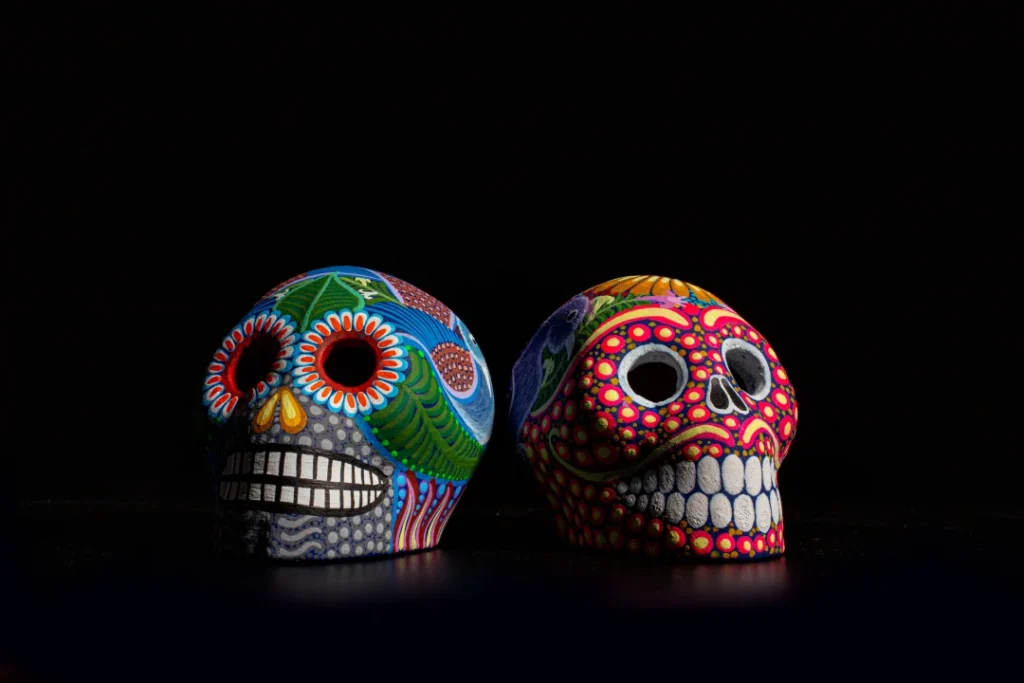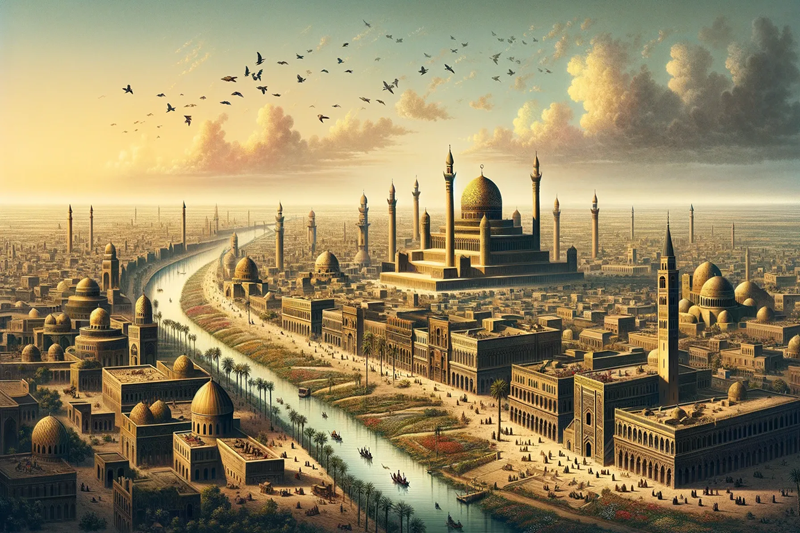One of Chile’s figures: Salvador Allende

Get to know some relevant facts about one of Chile’s most popular figures, Salvador Allende, remembered as a great social fighter.
Salvador Allende is one of Chile’s most remembered figures in Chilean and Latin American politics.
The former president of Chile served in that role from 1970 to 1973, and his term ended abruptly with a coup.
For many, he is one of the great figures of Chile, being a historical symbol of socialism and the left in general.
The memory of Salvador Allende will be remembered by many left-wing leaders in Latin America.
Salvador Allende was a Chilean politician and physician who became the 27th president in Chile’s history.
Allende was the first democratically elected socialist president in the world.
He governed from November 3, 1970, to September 11, 1973, when he was overthrown in a coup.
Salvador Allende was born on June 26, 1908, in Valparaíso, Chile, and studied medicine at the University of Chile.
He began his political career at the university by becoming the president of the Student Federation, thus making a name for himself as one of Chile’s figures.
He graduated as a surgeon in 1932 and practiced until 1936 in the Public Assistance of Valparaíso and hospitals in Puerto Montt.
In 1933, Allende was one of the founding members of the Socialist Party of Chile, which he remained a part of until his death.
In 1937, he entered the Chamber of Deputies and was appointed Minister of Health on two occasions during the government of Pedro Aguirre Cerda.
It is worth noting that in 1945, Allende obtained a seat in the Senate, and in 1952, he ran for the presidency for the first time, backed by the People’s Front.
He ran again in 1958 and 1964, supported by the Popular Action Front, and served as the President of the Senate from 1966 to 1969.
As president, he was one of the figures of Chile in the modern era
It was in the 1970 elections that he was finally elected president of Chile by the Popular Unity, a coalition of left-wing parties.
Since he did not obtain an absolute majority at the polls (36% of the votes compared to 34.9% for Jorge Alessandri), he was ratified by the Full Congress.
As president, Salvador Allende strove to lead Chile toward socialism through democratic means.
He appointed four workers to his first ministerial cabinet, which had never been seen before, and implemented an austerity policy for his ministers and other appointees.
During his government, a policy of significant income redistribution and economic revitalization was instituted.
He promoted the Agrarian Reform approved during the Eduardo Frei administration and halted price increases for housing and electricity rates.
Allende also pushed for the nationalization and state control of the large copper mining industry, approved by Congress in 1971, and nationalized the banking sector.
Furthermore, he established free medical care and introduced welfare programs for the poor.
The nature of Allende’s program generated opposition from some sectors within and outside the country.
In the context of the Cold War, the United States government employed various tactics to overthrow the Chilean government, as explained by the Memoria Chilena portal of the National Library of Chile.
In 1972, sectors such as public transportation and transportation workers went on strike, leading to shortages of basic necessities, and the country entered an economic crisis.
The political crisis worsened the following year. In June 1973, a military uprising known as the ‘Tanquetazo’ occurred, which failed, and in August, there were unsuccessful negotiations between the government and the opposition.
On September 11, 1973, the top ranks of the Army, Navy, Air Force, and Carabineros demanded President Allende’s resignation.
The Chilean president delivered a speech in which he declared that he would not resign, and in response, the military attacked the La Moneda Palace.
Those involved in the events claimed that Salvador Allende died by suicide, but the exact cause of his death remains debated.
That afternoon, following the bombings of La Moneda ordered by General Augusto Pinochet, the high-ranking military officials formed a military junta.
Salvador Allende and the quotes of one of Chile’s most remembered figures:
“History is ours, and it is made by the people.”
“The people should not allow themselves to be crushed or shot down, but they also cannot be humiliated.”
“Someday, America will have a continent-wide voice, a voice of a united people, a voice that will be respected and heard because it will be the voice of peoples in control of their own destiny.”
“You can be sure that my sacrifice will not be in vain. I am certain that at the very least, it will be a moral lesson that punishes treachery, cowardice, and betrayal.”.
Also read: Thomas Washington Disney CEO






